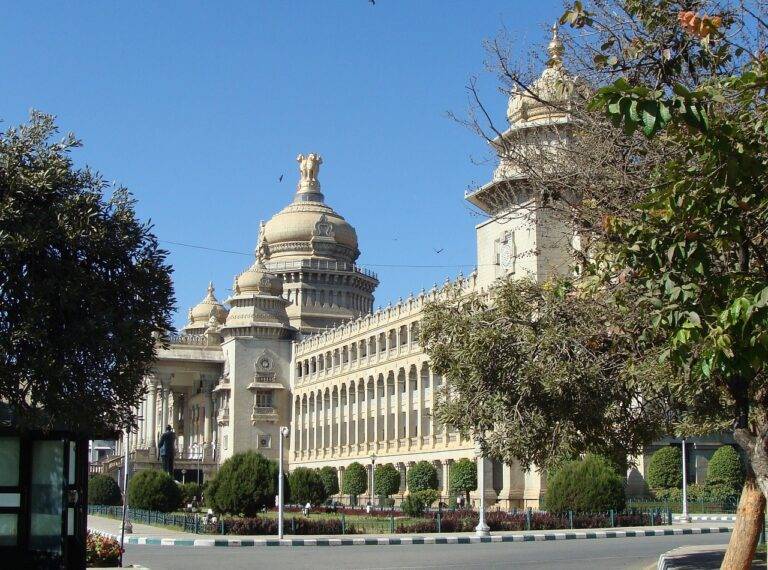Analyzing the Influence of TV Debates on Election Outcomes
TV debates have become a pivotal component of election campaigns in modern times. The practice of candidates engaging in debates on television first gained prominence in the United States during the 1960 presidential election between John F. Kennedy and Richard Nixon. This groundbreaking event set the stage for future election campaigns to utilize TV debates as a way to reach a wider audience and showcase their policies and personalities.
Following the success of the Kennedy-Nixon debates, TV debates became a staple in election campaigns around the world. Over the years, they have evolved to become highly anticipated events that often sway public opinion and decision-making. The format and impact of TV debates have continuously evolved, with candidates now preparing extensively to make the most out of the opportunity to connect with voters on a mass scale.
Key Factors that Impact the Influence of TV Debates on Election Outcomes
A crucial factor influencing the impact of TV debates on election outcomes is the candidates’ performance. How well they articulate their viewpoints, present their policies, and engage with each other can greatly sway public opinion. Candidates who come across as confident, knowledgeable, and empathetic are more likely to resonate with viewers and garner support.
Another key factor is the viewers’ perception of authenticity. Voters tend to respond positively to candidates who appear genuine, relatable, and trustworthy on television debates. Non-verbal cues, such as body language, facial expressions, and tone of voice, play a significant role in shaping how candidates are perceived by the audience. In a medium where visuals are as important as words, the ability to convey authenticity can heavily influence the outcome of a TV debate.
What is the significance of TV debates in election campaigns?
TV debates allow candidates to present their views and policies to a wide audience, helping voters make informed decisions.
How have TV debates evolved over time in election campaigns?
TV debates have become a standard part of election campaigns, with candidates using them to showcase their abilities and connect with voters.
What are some key factors that can impact the influence of TV debates on election outcomes?
Factors such as candidate performance, debate format, audience engagement, and media coverage can all play a role in shaping the impact of TV debates on election outcomes.
How do TV debates compare to other forms of political communication in influencing election outcomes?
TV debates offer a unique opportunity for candidates to directly engage with each other and with voters, making them a powerful tool in shaping election outcomes.
Can TV debates alone determine the outcome of an election?
While TV debates can certainly influence voter perceptions, many other factors also play a role in determining the outcome of an election, including campaign strategies, voter demographics, and current events.





